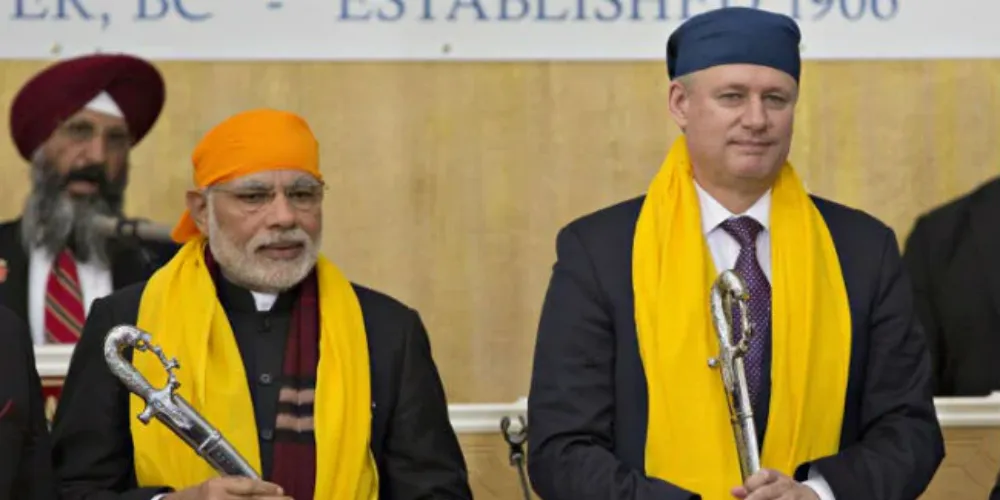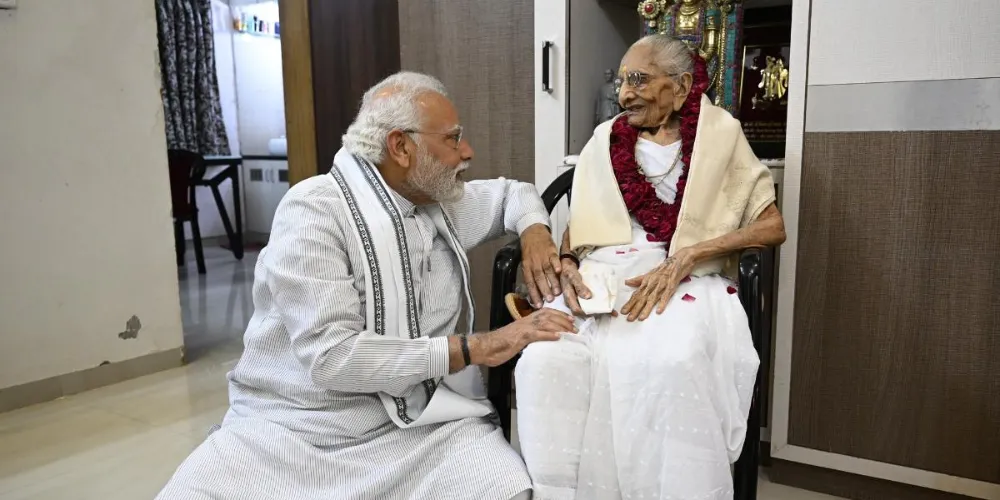Prime Minister Narendra Modi is set to visit the Rashtriya Swayamsevak Sangh (RSS) headquarters in Nagpur on March 30, marking the first time any serving Prime Minister of India has made an official visit to the Sangh’s central office. This significant development underscores the deep-rooted connection between the BJP and RSS while sparking discussions across political and social circles.
A Historic Visit to the RSS Headquarters
The RSS headquarters in Nagpur holds immense historical and ideological significance, as it serves as the nerve center of the Sangh Parivar. Established in 1925, the RSS has been instrumental in shaping India’s nationalist discourse and has played a key role in the ideological framework of the BJP.
PM Modi’s visit is expected to include meetings with top RSS leaders, including its chief Mohan Bhagwat. Discussions may revolve around national policies, governance, and the upcoming elections. His presence at the headquarters is seen as a reaffirmation of the strong ideological bond between the BJP and the RSS, which has historically been its guiding force.
Political and Strategic Implications
The visit carries major political implications, especially in the lead-up to upcoming elections. It sends a strong message to the BJP’s core voter base, reaffirming the party’s ideological alignment with the RSS. Modi’s visit also strengthens the perception of unity between the government and the Sangh, dispelling speculation about any differences between the two.
Opposition parties, however, have criticized the move, claiming it blurs the lines between state and ideological influence. They argue that a Prime Minister’s official visit to a socio-political organization raises concerns about governance being influenced by non-governmental entities.

RSS’s Role in BJP’s Growth
The RSS has played a crucial role in BJP’s rise to power, providing ideological and organizational support. Many of BJP’s top leaders, including Modi himself, have been associated with the RSS from their early political careers. The Sangh’s grassroots network has been instrumental in mobilizing support for the BJP during elections, making it a key player in shaping India’s political landscape.
This visit also highlights the Sangh’s continued influence in policy matters, governance strategies, and social initiatives. While the RSS maintains that it does not interfere in government affairs, its ideological framework significantly impacts BJP’s policymaking.
Conclusion
PM Modi’s scheduled visit to the RSS headquarters on March 30 is a landmark event, symbolizing the deep ties between the government and the Sangh. While it reinforces BJP’s ideological commitment, it also sparks debates about the influence of socio-political organizations on governance. As India moves toward key elections, the visit is likely to be a significant moment in shaping political narratives and strategies.



